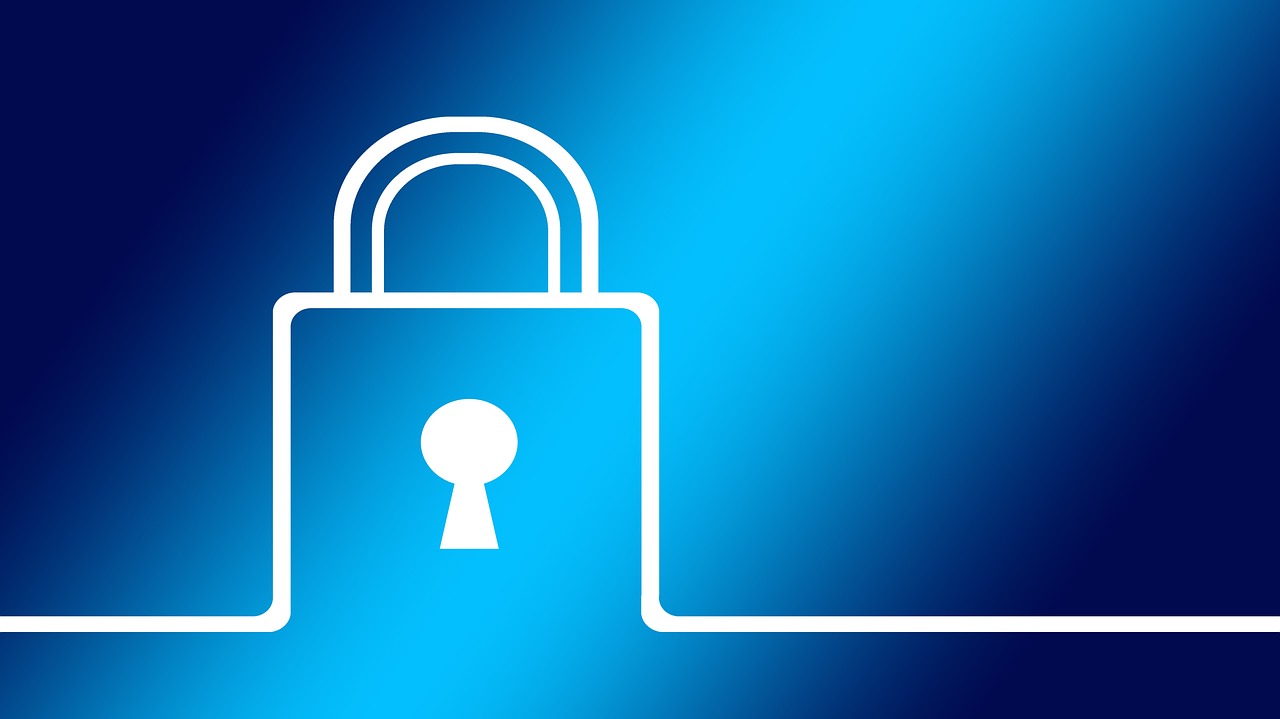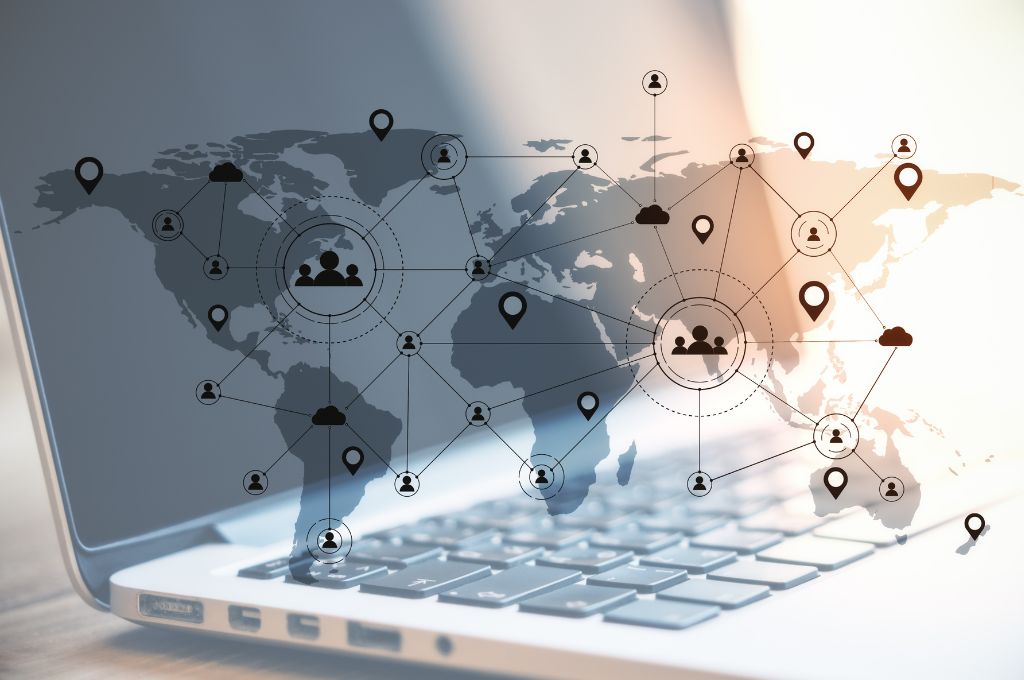Essential Endpoint Security Practices for Securing Remote Devices
Keeping a hybrid or entirely remote work situation, alongside the four-day workweek and the great resignation, is one of the top trends in the business right now. However, remote work is a double-edged sword for companies. While it does cut costs and improve workers' overall well-being, it also puts the business at a significant hacking risk. Here's where internet security comes in.
Why is that the case, and how can organizations keep the benefits of telecommuting while hacker-proofing their endpoints (all the devices that connect to the network)?
Scam Detectors Most Trusted Websites in Online Security
- Guard.io (100): Surf the web safely. Clean up your browser, remove maliscious extensions and check for privacy violations.
- Incogni.com (100): Delete your personal data from the internet and protect against scams and identity theft.
- ExpressVPN (100) Stay secure and anonymous online - Best VPN Out There
- IPVansish (100) Fast VPN to stay safe and secure online with multiple discount plans.

One way companies can secure their workers and keep the visibility of their growing infrastructure is with endpoint security.
The Role of the General Workforce in a Cyberattack
Advanced cyber criminals don't typically hack systems. They will, however, hack humans. Therefore, hackers approach team members who must be tasked with security first and try to find any technical flaws second.
As a result, employees unintentionally endanger a company's security.
By clicking on a malicious link hidden in a seemingly work-related email, unsuspecting employees can install data-stealing malware on the work computer.
Downloading an attachment that was thought to be sent by a client can install the data-locking ransomware on the company's devices.
Other times, staff might intentionally endanger the company.
They could give their access key to a threat actor. When they give away their credentials, the malicious insider can gain deeper access to the system and change or steal data.
If intruders come across information of a sensitive nature, they might demand ransom or leak data to the public.
Employees might not disclose that they use specific devices for work. Also known as shadow IT devices, such software endangers the company because cybersecurity isn't aware of them or their lack of protection.
All in all, the favorite technique of malicious hackers is social engineering.
That can start with phishing that impersonates the company's boss or other authority figures.
If workers are doing their jobs in public cafes or libraries, there is a danger of imminent shoulder surfing, another type of social engineering. For example, bad actors can look over a victim's shoulder, log into their work account, and jot down their credentials.
Remote Workers as Part of the Security Solution
Many companies have introduced basic training for teams to fight the fact that cybercriminals tend to exploit unsuspecting workers. It teaches them to set up strong passwords and recognize standard phishing techniques.
Moreover, teams might receive guidelines that discourage them from using certain apps on their devices or logging into poorly protected public Wi-Fi.
Annual security training helps raise awareness and decrease the rate of successful email scams.
Regardless, it's not the ultimate solution, and there is still a chance that social engineering attacks can take place.
Also — cybersecurity shouldn't be the job of the general workforce. The company needs robust security systems to detect and remove real-time threats.
Top Endpoint Security Practices
Although hackers tend to target employees to get their foot into the company's network, the system needs to be protected to prevent both technical hacking and further damage.
Endpoint security should be able to:
- Cover all devices that can get hacked — from those on-premises to those that workers use in their homes.
- Apply zero trust principles — “trust but verify” people who want to access their accounts to separate criminals from genuine users.
- Detect and mitigate sophisticated hacking threats.
- Automate detection and response of cyber threats.
- Protect both network and data within it.
- Recognize the attempts of advanced hacking.
The best endpoint security solution also makes the jobs of security teams easier by allowing all of these features from a single dashboard.
A company's attack surface (any software that a company is aware of or not that is linked to the business and that can be attacked) is scaling every day. Besides new technologies, it is constantly growing due to increased cyber-attacks.
Companies accepting remote work have also adopted new technologies (e.g., cloud computing) that must be appropriately configured. Otherwise, a business is open to flaws that cybercriminals might exploit at any time.
Within the cloud environment, the common errors are in the configuration of cloud components.
To cover the ever-growing attack surface, today's cybersecurity solutions are automated. They run in the background in real-time to notify teams of their findings.
Also, they can protect the company once the intruder has already discovered a way to get in — either through the weakness in the architecture or via employee phishing. Endpoint security stops hacking before the criminal gets to sensitive data or compromises another part of the architecture.
Does Telecommuting Put Companies at Cyber Risk?
The majority of cybercrime is the result of human error. Hackers can exploit an employee falling for a phishing scheme or vulnerability within the cloud component that the IT staff has incorrectly configured.
Therefore, it's easy to point fingers and say that remote workers are putting the company in greater danger than it would within a structure that is kept on-premises.
However, protecting a company that relies on remote work is more complex than introducing phishing awareness training for a general workforce.
The significant gaps in the security for businesses that introduced remote work in the first place were formed by the overall need for policies and security solutions.
Companies considering fully or partially remote work must adopt the best endpoint security practices. This includes data protection and deploying a solution to defend assets from advanced hacking attempts.
How To Report Online Scammers
Let your close family and online friends know about these endpoint security practices by distributing this article. Feel free to share this page if it was helpful. Meanwhile, you can report criminals and any other suspicious activity to the Federal Trade Commission (FTC) using the portal below:
How To Protect Yourself More
If you want to be amongst the first to receive notifications about the most notorious scams every week, subscribe to our Scam Detector newsletter. You will receive periodic emails from us with insightful tips. That will include how to prevent fraud and information about the newest tools you can use to fight crime.
Meanwhile, feel free to educate yourself with some other fraud-related articles. They are listed under this paragraph, so that you know how to stay safe online. Last but not least, if you have any bad experiences, use the comments section below to expose other scammers.
Protect Yourself From Remote Deposit Scams
Verify a website below
Are you just about to make a purchase online? See if the website is legit with our validator:
vldtr®


TOP 4 MUST-WATCH FRAUD PREVENTION VIDEOS
1. Top 5 Amazon Scams in 2024 2. Top 5 PayPal Scams in 2024 3. How To Spot a Scam Email in 2024
- Latest Posts by Selma Hrynchuk
-
How To Stop Robocalls
- -
Taking Control of Your Data Privacy: Protecting Yourself in 2024
- -
The Urgency of Removing Personal Information from the Internet
- All Posts













